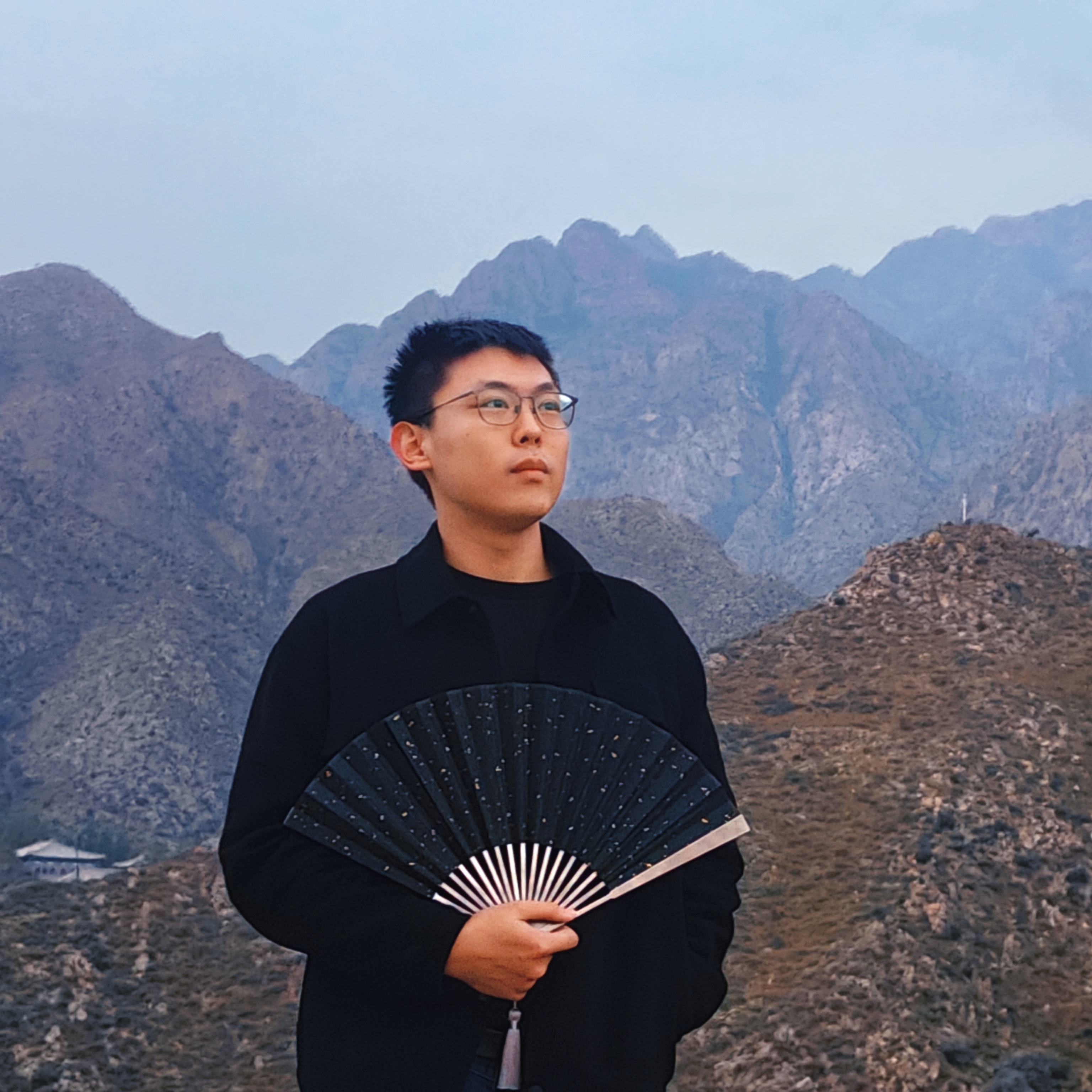About
I am a second-year Ph.D. student in the School of Computing, National University of Singapore, supervised by Prof. Lin Shao. Before this, I received my B.S. degree from School of EECS, Peking University in 2024. In my undergraduate study, I am privileged to work with Prof. Hao Dong and Prof. He Wang.
My research focuses on enabling robots to efficiently acquire generalizable manipulation skills. Specifically, I aim to (1) improve data efficiency by incorporating physics priors such as SE(3) equivariance into learning frameworks, and (2) enhance generalization by leveraging high-level abstractions from vision-language models and hierarchical task representations. It's worth mentioning that before studying computer science, I majored in physics, which naturally inspires me to integrate physical intuitions into robotic learning systems.
News
Our work Manual2Skill++ and AdaptPNP has been accepted by ICRA 2025 🎉
Our work Manual2Skill has been accepted by RSS 2025 🎉
Our work ET-SEED has been accepted by ICLR 2025 🎉
Starting my PhD at National University of Singapore, supervised by Prof. Lin Shao
Selected Publications
View All →AdaptPNP: Integrating Prehensile and Non-Prehensile Skills for Adaptive Robotic Manipulation
Jinxuan Zhu†, Chenrui Tie†, Xinyi Cao†, Yuran Wang, Jingxiang Guo, Zixuan Chen, Haonan Chen, Junting Chen, Ruihai Wu, Lin Shao
IEEE International Conference on Robotics & Automation (ICRA)
A vision-language model-empowered framework that adaptively selects and schedules prehensile and non-prehensile skills for various manipulation tasks.
Manual2Skill++: Connector-Aware General Robotic Assembly from Instruction Manuals via Vision-Language Models
Chenrui Tie†, Shengxiang Sun†, Yudi Lin, Yanbo Wang, Zhongrui Li, Zhouhan Zhong, Jinxuan Zhu, Yiman Pang, Haonan Chen, Junting Chen, Ruihai Wu, Lin Shao
IEEE International Conference on Robotics & Automation (ICRA)
We utilizes a VLM to extract structured, connector-aware hierarchical graph representations from assembly manuals, enabling generalizable robotic assembly.
Manual2Skill: Learning to Read Manuals and Acquire Robotic Skills for Furniture Assembly Using Vision-Language Models
Chenrui Tie†, Shengxiang Sun†, Jinxuan Zhu, Yiwei Liu, Jingxiang Guo, Yue Hu, Haonan Chen, Junting Chen, Ruihai Wu, Lin Shao
Robotics: Science and Systems (RSS)
We propose a novel framework that enables VLM to understand human-designed manuals and acquire robotic skills for furniture assembly tasks.
ET-SEED: Efficient Trajectory-Level SE(3) Equivariant Diffusion Policy
Chenrui Tie†, Yue Chen†, Ruihai Wu†, Boxuan Dong, Zeyi Li, Chongkai Gao†, Hao Dong†
International Conference on Learning Representations (ICLR)
We propose a new diffusion policy method to tackle tasks with certain symmetry, achieving better data efficiency and spatial generalization.
Leveraging SE(3) Equivariance for Learning 3D Geometric Shape Assembly
Ruihai Wu†, Chenrui Tie†, Yushi Du, Yan Zhao, Hao Dong
IEEE/CVF International Conference on Computer Vision (ICCV)
We tackle multi-part geometrically assembly task, leveraging SE(3) equivariance and invariance, which fits the natural characteristic of the task and narrows the solution space.
